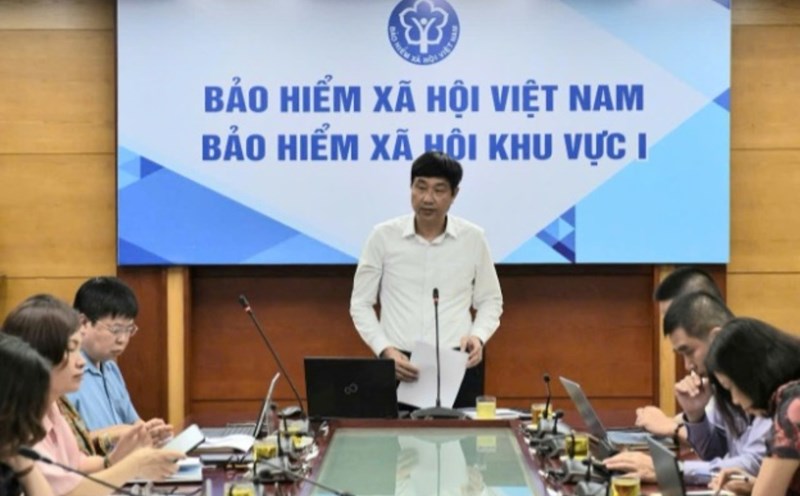Notably, from July 1, 2025, the amended Law on Social Insurance (SI) officially took effect, marking a major turning point with the expansion of compulsory subjects participating inSI - especially business households declaring taxes. However, without a strong enough monitoring mechanism, the problem of debt and evasion of social insurance payment will be difficult to solve.
Because, with the participation of business households, according to calculations, about 80,000 households participating in compulsory social insurance, the risk of evasion and social insurance debt will be much more complicated than at present. Most of the current business households are small-scale models, without specialized accounting departments, unstable income, and even no fixed business locations. Determining who is the homeowner to request social insurance payment, as well as monitoring the participation process, will be extremely difficult if there is a lack of a systematic monitoring mechanism.
The question is: Who is supervising? The Social Insurance Agency has been assigned the right to conduct specialized inspections, but it is clear that with a large, complex and scattered number of subjects, this force will not be able to "guard" if it only follows the current administrative and manual methods. Therefore, it is necessary to establish a multi-level monitoring mechanism, with the participation of other agencies such as the Government Inspectorate, Tax, local government, Trade Union organizations, etc.
First of all, it is necessary to connect and share data between social insurance agencies - tax agencies - and the business registration system. This is a platform to identify participants, monitor the payment process, detect acts of evasion or under-payment. Second, it is necessary to establish a separate social insurance debt identification code for each unit and business household, along with a processing log and file status, and transparency in handling responsibilities. Third, it is necessary to clearly define the responsibilities of commune and ward authorities in urging and inspecting the participation in social insurance - especially for business households in the area.
In addition, it is necessary to change the way the Social Insurance agency itself works. Instead of just "reporting and reminding", it is necessary to establish a transparent enforcement process, clearly punish, and transfer the case to the investigation agency when there is enough basis for evasion. Article 216 of the Penal Code has been issued, but so far, almost no cases have been prosecuted for evasion of social insurance payment - this needs to be overcome to create a real deterrent.
Supervision in social insurance is not only to collect enough money, but more deeply, it is to protect employees. If not closely monitored, workers may lose their retirement benefits, maternity benefits, and work accidents, even though they have worked for decades.
Social insurance is the basic pillar of the national social security system. Closing loopholes in supervision and ensuring a social security net not only has the meaning of preventing personal risks, but also contributes to maintaining social stability, reducing the burden on the budget and promoting sustainable development.











